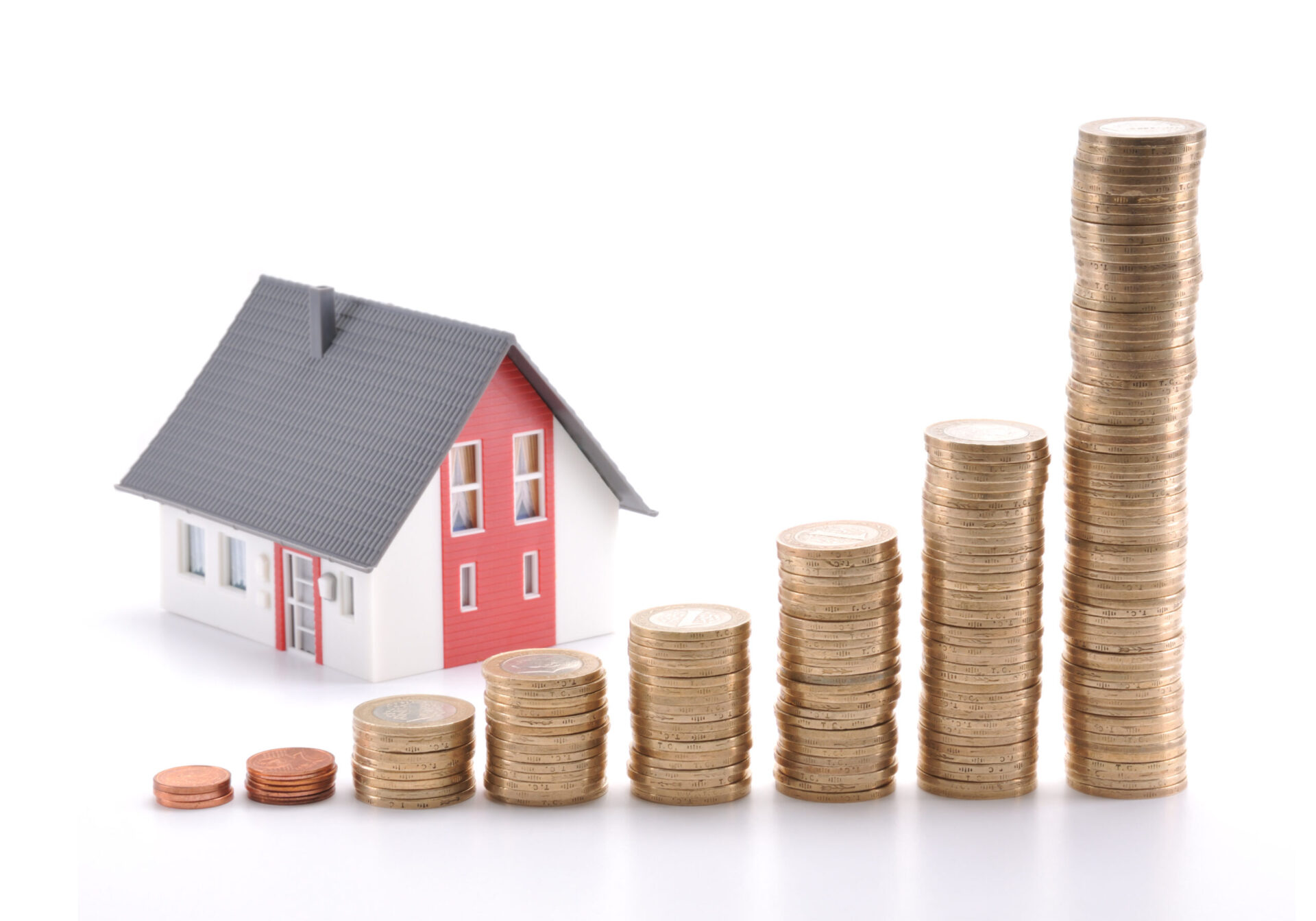Competition for limited inventory has led to surprisingly hot home prices this spring season.
Zillow’s latest market report found that home values grew 1.4% between April and May, the highest since June 2022.
This is cooler growth than the previous two springs, but more than in 2018 or 2019. The typical home is valued at $346,856, up 0.9% YOY and 3.4% from January’s low point.
Buyers are desperate to make this market work for them despite its challenges, with sales up nearly 10% from April to May. At the same time, inventory reached a record low.
“Many homeowners are still opting not to sell and give up historically low mortgage rates. But those who do have been rewarded with bidding wars as buyers compete for limited options,” said Zillow senior economist Jeff Tucker.
“Spring is traditionally the hottest time of year in the housing market, and 2023 has been no exception. Time will tell if seasonal price slowdowns arrive on time this year, later in summer.”
The largest monthly home value gains are in the Midwest, with Columbus, Ohio, taking first at 2.2% growth.
Because of the region’s relative affordability, competition is soaring there, pushing prices up, while pandemic hotspots in the West are seeing declines.
As of May, each of the 100 largest U.S. markets is less affordable than its own long-term average.
It now takes 34.2% of the median household income to make principal and interest payments on a median-priced home with 20% down and a 30-year fixed-rate mortgage. The threshold for being housing cost burdened is 30% of a family’s income.
Price corrections have dominated headlines as prices have soared and economic uncertainty hasn’t let up. This is especially true in the commercial sector. AEI Senior Fellow Desmond Lachman warned that a “perfect storm” of events will spark a recession, leading prices to sink 15-20%. Later, Elon Musk caused a stir when he predicted that home values will tank in the coming year.
Others have disputed this idea. In response to Musk’s tweet, Redfin CEO Glenn Kelman said the weakness is restricted to CRE. “[T]he loss in demand for commercial real estate is what’s driving demand for residential real estate,” he tweeted.
Read More Articles:
Economist: Offices Hurting, But Don’t Count Them Out
AI’s Impact Highlighted At Real Estate Editors Conference In Las Vegas
